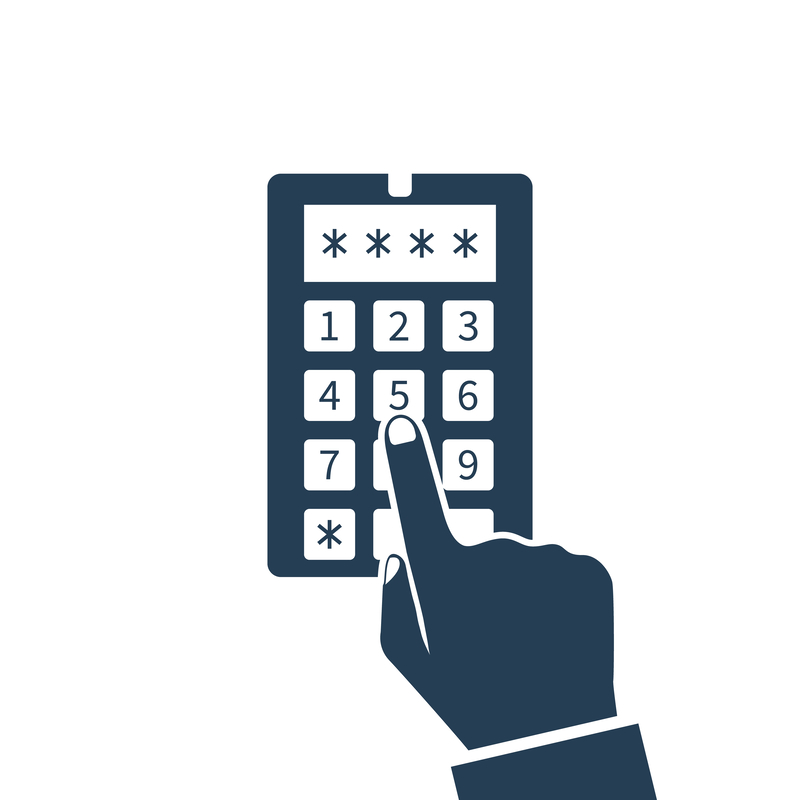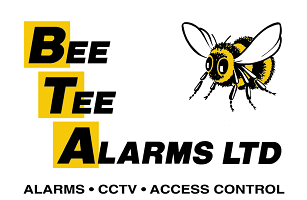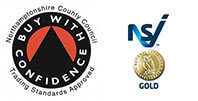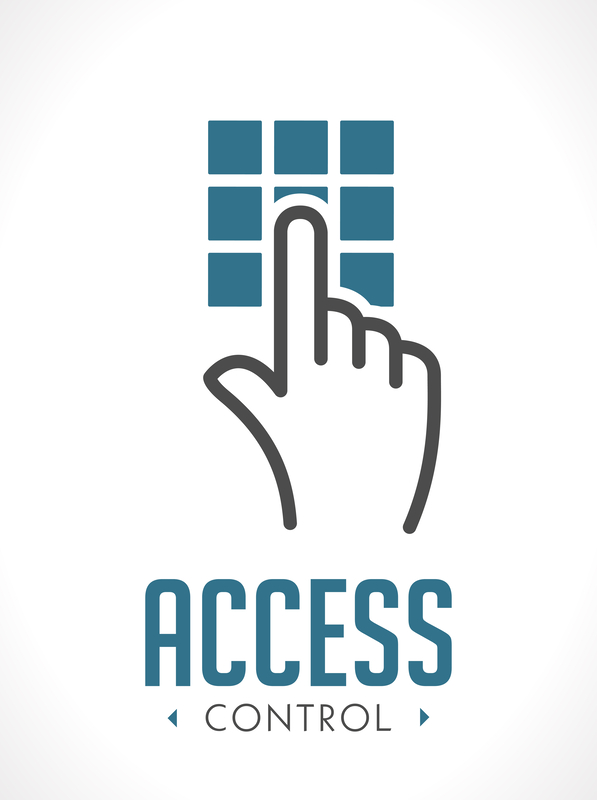The Differences Between Access Control Systems
To help protect your home or business it is important you have an understanding of the different types of access control systems. As well as their benefits. This way you can make an informed decision on which option is right for you. After all, one of the biggest concerns in life is security.
Below we’re going to take a good look at 3 modern access control options and how they could benefit a building like a school, home or business:
1.Discretionary Access Control (DAC)
Out of the 3 control systems, DAC is the least restrictive because it allows individuals to have complete control over any object they own. This also extends to any programs that are associated with the objects. This is one of the control systems that offer the end-user complete control to set security level settings for other users.
Meaning permissions given to the end-user are then inherited into the other programs that they use. One issue is this could lead to malware being executed without the knowledge of the end-user. But a plus side is that this is one of the more straight forward options as access control systems go, and would be a good suit for a small business or the average household.
2. Mandatory Access Control (MAC)
These control systems are used most in organisations where confidentiality and data classification is vital. Think of military institutions, for example. This access control security system does not allow owners to control who has access to a unit or facility.
But only the owner and custodian have any management of the access controls. The Mandatory Access Control system will usually classify all end-users and provide them with labels that allow them to gain access through security with set security guidelines. This is a good choice for a larger business or any organisation that is dealing with sensitive information regularly.
3. Role-Based Access Control (RBAC)
One of the most highly operated control systems among households and companies around the world. With this access control option, entrance is assigned by the system administrator based on the subject’s role within the organisation. Or the household role. For example, privileges will likely be based on the individual’s responsibility within a business or home (so a manager of a department perhaps, or a homeowner).
The security manager position has access control permissions allocated to it as opposed to assigning an individual as a security manager and the security manager position already has access control permissions. In other words, rather than allowing multiple individuals special access, the system administrator only has to assign access to specific positions, such as job titles. Again, a good option to cater for larger-scale needs, or an organisation dealing with lots of sensitive information.
Schools quite often choose RBAC, for reasons that include monitoring what pupils are doing within the school’s online network for security reasons.
When it comes to different access systems, current access control technology has arguably strengthened the options available. Of course, you must take the time to weigh up the benefits of each access control option based on your needs. Consider the nature of your business or home setup, all required security procedures and how many users would be on the system. Of course, the cost of each system will vary, so this must be taken into account. Remember whichever one of the control systems you ultimately opt for you need to make sure you hire a professional business for their installation.

An access system is an efficient and affordable solution to your security. Hopefully, this blog has shown you the benefits and importance of an access control system. If you want to understand more about your security options or would like a quote to feel free to contact us. Call us on 0808 168 1233 or fill out an enquiry form today.




